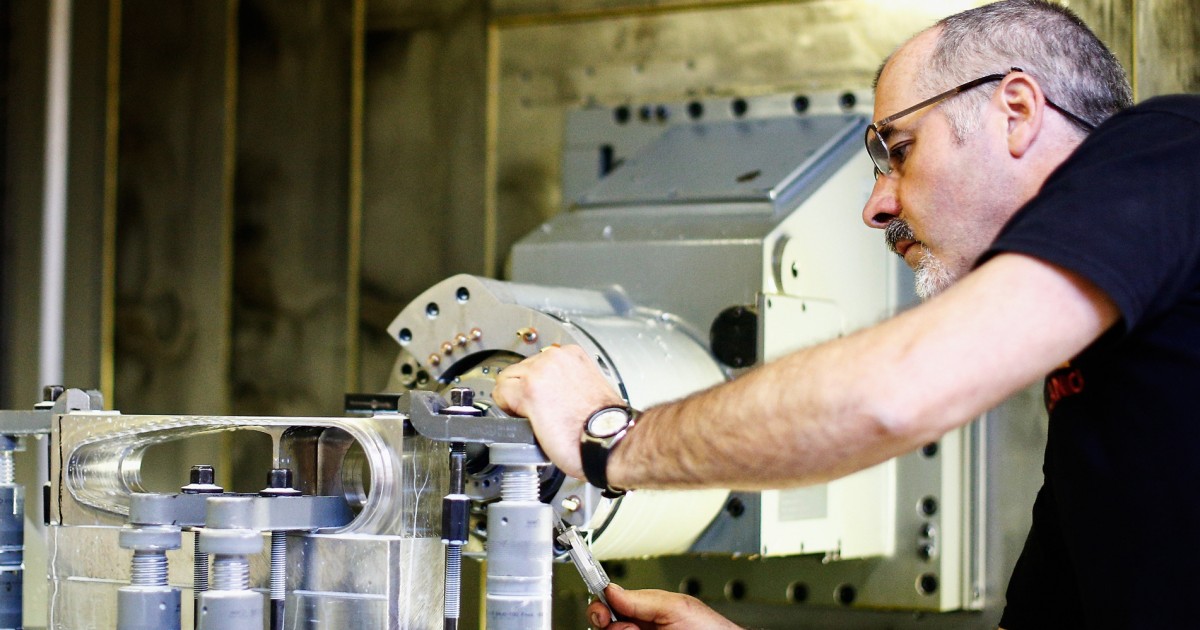
Sensors
In the context of space and astronautical engineering, sensors are devices that detect and measure physical properties such as temperature, pressure, radiation, and magnetic fields. Sensors are crucial components of spacecraft and satellites, providing data for navigation, communication, and scientific research. They are used to monitor the health and performance of spacecraft systems, detect potential hazards such as micrometeoroids and space debris, and gather scientific data about the space environment. Sensors can be passive or active, and can operate in a variety of wavelengths including visible light, infrared, ultraviolet, and radio. They can also be designed to withstand the harsh conditions of space, including extreme temperatures, vacuum, and radiation exposure.
Your Previous Searches
Random Picks
- Isotherms: In space and astronautical engineering, isotherms refer to the lines on a map or graph that connect points of equal temperature. Isotherms are used to study the thermal environment of spacecraft and their components, as well as to analyze t ... Read More >>
- Hydroponics: Hydroponics is a method of growing plants without soil, using mineral nutrient solutions in a water solvent. In space and astronautical engineering context, hydroponics is a promising technology for growing plants in space, where soil is no ... Read More >>
- Internet Protocol Suite: Internet Protocol Suite, also known as TCP/IP, is a set of communication protocols used for transmitting data over the internet. It consists of two main protocols: Transmission Control Protocol (TCP) and Internet Protocol (IP). TCP is respo ... Read More >>
Top News

Scientists release plans for an even bigger atom smasher to address the mysterie...
GENEVA — Top minds at the world’s largest atom smasher have released a blueprint for a much bigger successor that could vastly improve research into the remaining enigmas of physics....
News Source: NBC News on 2025-04-01

Scientists release plans for even bigger atom smasher along the French-Swiss bor...
Scientists at the world’s largest atom smasher have released a blueprint for a much bigger successor that could help solve enigmas of physics, starting in the mid-2040s at a cost of about $16 billio...
News Source: ABC News on 2025-04-01

The 'Blaze Star' hasn't exploded yet, but it could soon...
T Coronae Borealis has an outburst every 79 to 80 years, according to NASA....
News Source: ABC News on 2025-03-28
I visited the sprawling 'metroburb' where 'Severance' is filmed. It's a 2 millio...
Bell Works, the real office complex that doubles as Lumon on "Severance," is redefining what an office can be....
News Source: Business Insider on 2025-03-28

We've spotted auroras on Neptune for the first time...
After 34 years of searching, astronomers have finally confirmed Neptune has auroras, thanks to data from the James Webb Space Telescope...
News Source: New Scientist on 2025-03-27